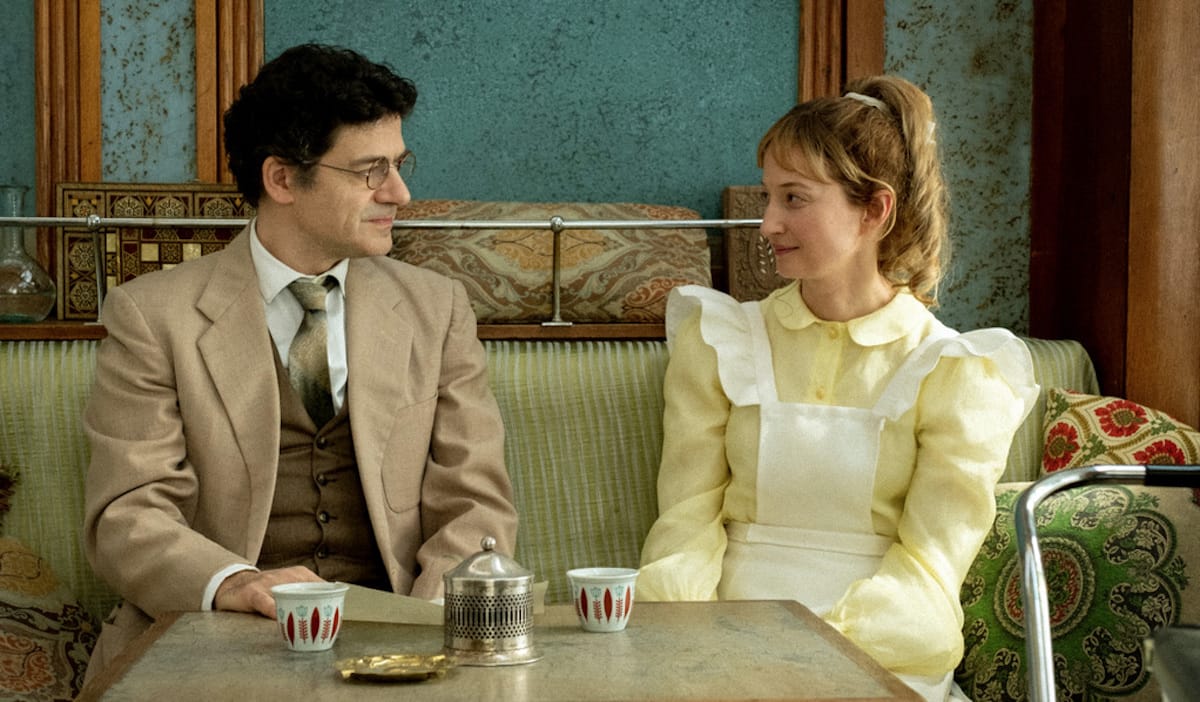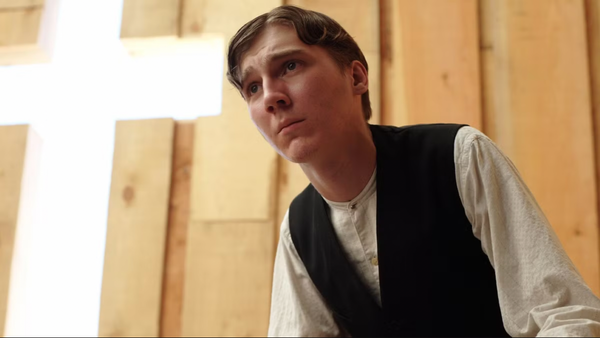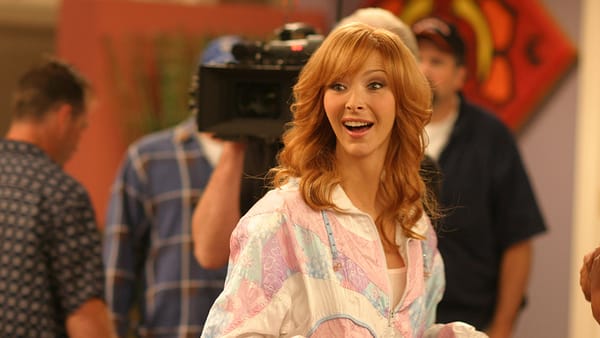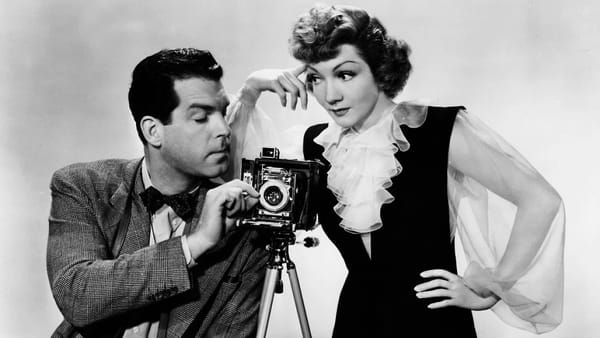Hope

In this French film, the pragmatic choice to leave one’s home when it is under attack feels anything but rational
Tearjerkers, as the crude word suggests, tend to be movies that tug at your heartstrings so forcefully that pure sadness overwhelms you. After the credits roll, however, you can usually come back to your senses, reminding yourself that life really isn’t as dramatic as they make it to be on the big screen, and quickly forget the tears you just shed.
With some films, however, the tears never fully dry up. They make you cry every time you think about them. Chloé Mazlo’s Skies of Lebanon is one of them. The director, who co-wrote the script with Yacine Badday, explores love and loss as so many others have, but her approach gives back their meaning to these words that countless movies, songs and books have reduced to weak cliches and embarrassing post-screening sobs. Her romanticism is genuine and deep, a kind of wisdom more than it is a way to escape or gloss over pain.
It all begins with a simple, unabashed revelling in joy. When, in the 1950s, Alice (Alice Rohrwacher) leaves her Swiss mountains for Lebanon to escape her uncaring parents and work as a nanny, her openness to the beautiful city of Beirut is contagious. Soon enough, her extended meet-cute with physicist Joseph (Wajdi Mouawad) in a colourful café leads to a cheerful marriage and a beautiful daughter. The actors move in front of 2D backdrops of the city, and at first glance the resulting geometry recalls the worlds of Wes Anderson, but it is also much freer, childlike and meaningful to the film’s particular emotional landscape. Standing against these dreamlike postcards of a thriving and picturesque city, these happy-go-lucky characters appear, by contrast, more grounded and believable. It also feels as though it is their genuine happiness that makes these surroundings so jovial – Alice’s enamoured heart when she falls for Joseph radiates through her chest and over everything around her.
When conflicts start to break out in the city in the late 1970s, the shared bliss of Alice’s family continues to colour their world. Mazlo presents the mounting threat of war as an experience of bafflement and denial, rather than one where characters foolishly fail to see the signs of things to come, a judgement built retrospectively that subtly suggests the victims really should have seen it coming. She understands that one never wishes to imagine catastrophes approaching, especially when they truly may be around the corner. Alice’s seemingly indifferent response to the rising tension in outer quarters of Beirut comes not from ignorance, but from her decision to continue believing in her choices – to live here, with and for this man, and for herself.
Joseph, meanwhile, takes the anxiety of war as more motivation to keep working towards his dream: to take the first Lebanese man to the moon. His rocket looks less technologically advanced than Tintin’s, but that is a conscious choice. It isn’t so much the scientific challenge of the enterprise that interests Mazlo, but rather the childlike dedication and passion it creates in Joseph and which draws her, and Alice, to his cause. He perseveres through several bombings of his lab, and even manages a succesful first launch while tragedy comes ever closer.
In both Alice and Joseph, Mazlo detects and reveals a shared sense that faith, whether it be in a love interest or in a scientific and artistic project, is fundamental to life. It is this firm conviction without proof – this hopefulness – that brought the couple together. She didn’t speak Arabic, he was of a different culture, they had little in common – except for this trust in what they wanted in life. This tacit understanding between them transpires through both actors’ performances: together, they project a natural gentleness that is never syrupy, and Mazlo stages their everyday life as a series of both playful and quiet moments that have nothing too spectacular about them, but from which emanates a quiet, peaceful glow. Their shared existence isn’t too original, but it is clearly precious to them: they cherish every moment, whether just the three of them or with Joseph’s extended family, of what could look too good to be true, but is simply the good life they have chosen for themselves. When difficulty arises, as it does, their trust in the beautiful world they have created reveals itself to be not just a raison d’etre, but also a reason to carry on, through thick and thin.
The anxiety of war often causes film characters to have to sacrifice who and what they love most in order to protect themselves from harm. Mazlo’s approach goes completely against this rhetoric: when Alice and Joseph find danger at their doorstep, the idea to leave everything behind does not even cross their minds. Alice, in particular, categorically refuses to even contemplate going back to ever-neutral Switzerland. Mazlo’s film manages to make their stubbornness appear completely rational: what would be the point of living safely but without their convictions, without believing in what they’ve always believed in, without their desires? And what of the almost miraculously lovely life they’ve created together? What truly threatens to drive them apart isn’t so much a search for safety, but the very thing that united them all those years ago: their natural hopefulness. Joseph refuses to let go of his dream of Lebanese space travel even as reality catches up to him, and although Alice is supportive, she notices that her simple gestures of affection are no longer returned. Will his lost dream lead him to also give up on the hope they live out together everyday, choosing each other every morning? Will he also stop believing in love?
At a moment of respite in the conflicts, Mazlo shows us a woman who, after her partner has disappeared and probably died, chooses to join him in his missing person poster rather than live alone. Skies of Lebanon is romantic in the sense that it believes hope is a bold and freeing choice – that a good, simple life is worth fighting for. Whether it is for love or art (and Alice herself is a painter), hope is stronger than pain. Like Joseph’s rocket and Alice’s skies, it hovers above the material world and offers to carry us along, if we’ll only let it.



